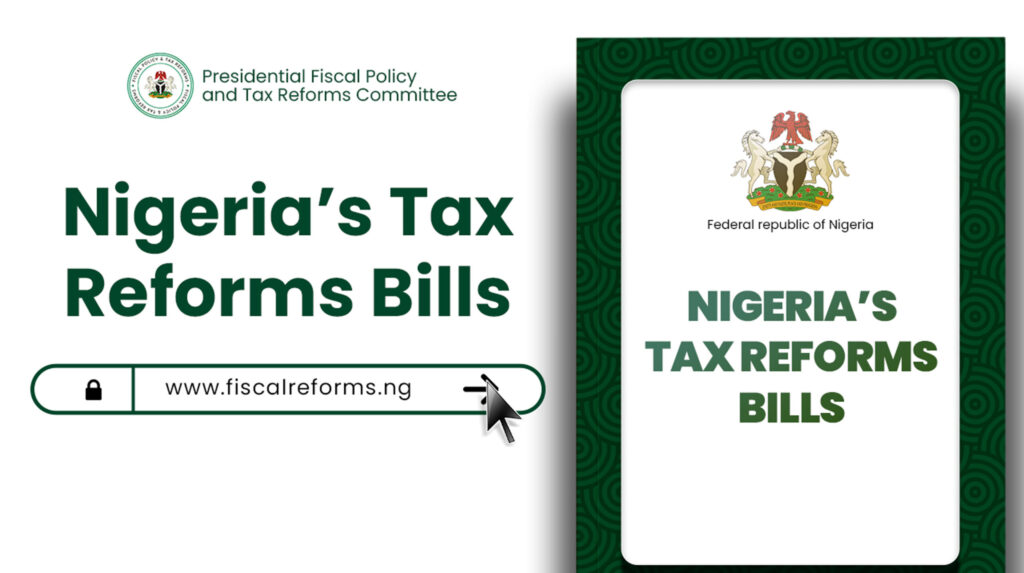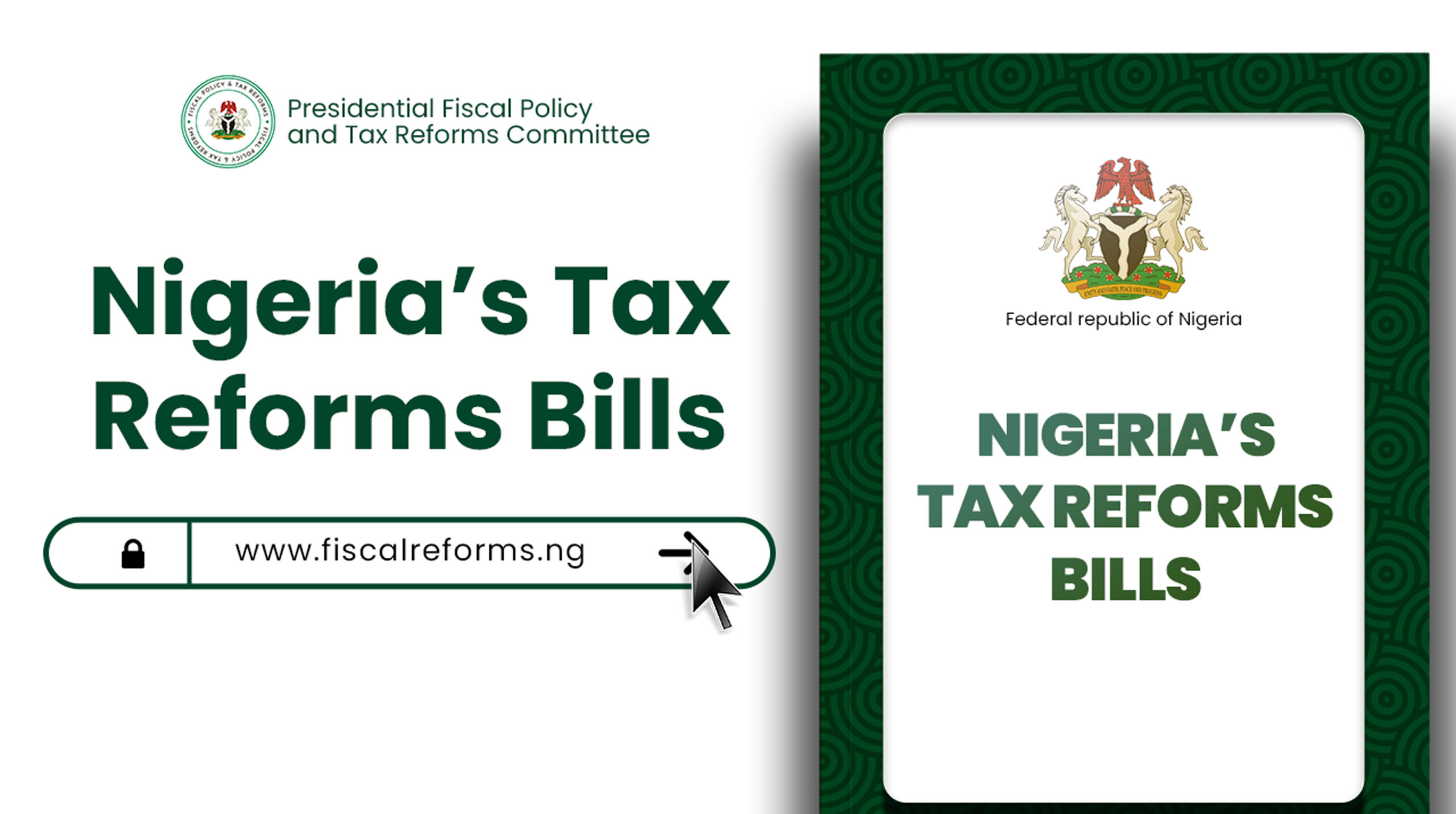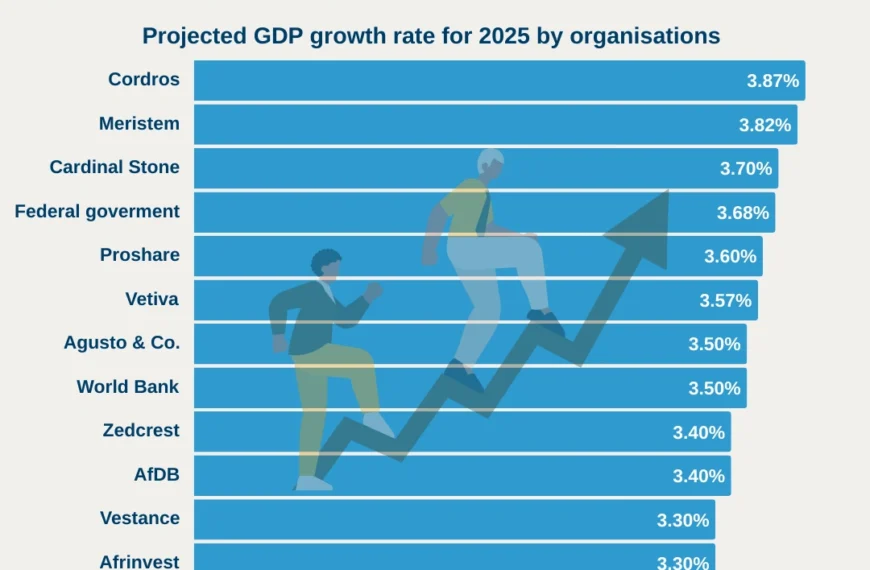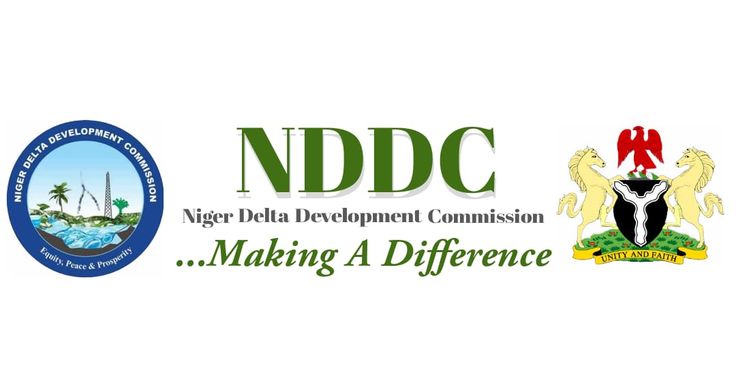In a landmark move, the Nigerian government has enacted a comprehensive tax reform that will take effect from January 1, 2026. Signed into law on June 26, 2025, the new tax legislation aims to broaden the country’s tax base, improve fairness, simplify compliance, and increase revenue collection to support public services.
Here are the key highlights and implications of Nigeria’s new tax laws:

1. Overhaul of Personal Income Tax (PIT)
The new laws bring major relief to low-income earners while adjusting the burden for high-income individuals:
- Exemption for Low-Income Earners: Individuals earning ₦800,000 or less annually are now completely exempt from paying PAYE tax, reducing the burden on minimum wage workers.
- Higher Threshold for Top Tax Bracket: The highest personal income tax rate of 25% now only applies to annual incomes exceeding ₦50 million, compared to the former threshold of just ₦3.2 million.
2. Reforms in Company Income Tax (CIT)
To stimulate small businesses and attract investment, the laws redefine how companies are taxed:
- Small Business Exemption: Companies with an annual turnover of less than ₦50 million are fully exempt from company income tax.
- Gradual Reduction for Larger Firms: The standard CIT rate will decrease from 30% to 27.5% in 2025, and then to 25% in 2026, offering relief to larger corporations.
3. Adjustments to Value Added Tax (VAT)
Changes to VAT are designed to minimize inflationary pressure on basic needs while improving compliance:
- Zero-Rated Essentials: Basic goods and services such as food, medicines, public transport, education, and rent are zero-rated, making them exempt from VAT.
- Phased VAT Increase: The general VAT rate will increase gradually—from 7.5% to 10% in 2025, then to 12.5% by 2029, and eventually 15% from 2030.
4. Creation of a New Tax Authority
The Federal Inland Revenue Service (FIRS) has been restructured and renamed as the Nigeria Revenue Service (NRS):
- The NRS will have broader powers and integrate tax and non-tax revenue collections.
- Digital Tax Tools: E-invoicing, e-filing, and a centralized Taxpayer Identification Number (TIN) system will improve compliance and reduce loopholes.
- Fintech and Digital Assets: These will now be explicitly taxed under the capital gains and withholding tax regimes.
5. VAT Revenue Sharing Redesign
To address concerns over equitable distribution of VAT, the revenue sharing formula has been updated:
- The federal government’s share drops from 15% to 10%.
- State share increases to 55%, with a greater emphasis on local generation (60% based on state of origin).
- This has generated political debate, with some northern states expressing concerns over a potential revenue shift toward more industrialized southern states.
6. Strengthening Tax Governance and Dispute Resolution
The laws introduce better structures to protect taxpayer rights and resolve disputes fairly:
- Establishment of a Tax Appeal Tribunal and an Office of the Tax Ombudsman.
- More transparent processes for refunds, audits, and tax penalties.
7. Strategic Objectives and Economic Impacts
The tax reforms are designed to address several long-standing issues in Nigeria’s fiscal system:
- Increase Tax-to-GDP Ratio: Nigeria’s ratio currently sits at around 10.8%, well below the African average. The goal is to reach 18% by 2028.
- Reduce Inflation: By removing VAT on basic goods and lowering direct taxes for low-income groups, the government hopes to curb inflation, which remains a major concern.
- Promote Investment and Economic Growth: Tax cuts for businesses and simplified compliance are expected to boost entrepreneurship, industrial activity, and employment.
Conclusion
Nigeria’s new tax laws represent one of the most ambitious reforms in the country’s recent history. They aim to balance revenue generation with fairness, digital modernization, and pro-poor policies. While implementation will require careful coordination across all tiers of government, these changes have the potential to significantly transform Nigeria’s fiscal landscape.
















